#5579
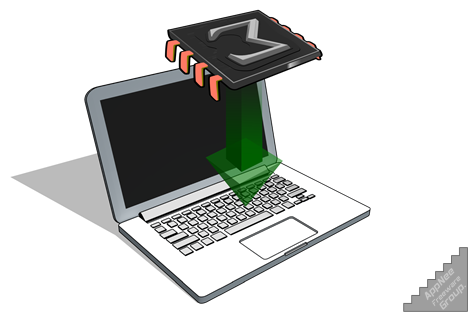
When people think of "an edge tool for academic writing", LaTeX may be the first software that comes to their mind. Indeed, the mathematical formulas written in and academic articles typeset by LaTeX are very beautiful. But an ordinary user who has used LaTeX a few times could hardly like it, because its syntax is a markup language that is essentially designed for the machine, not for human to read - just as the HTML source code is designed for the browser, not directly for Internet surfers.
Loading...
Loading...
Loading...
Loading...
Loading...
#5578
When you first launched Minetest, didn't you think it was just Minecraft? Actually not. Although their interface, style, and gameplay are almost the same, Minetest is essentially a free, open-source and cross-platform voxel game engine (written in C++ and Lua, using the Irrlicht Engine). It was created by Perttu Ahola and first released in 2010, and is now developed by a team of volunteers, with significant contributions from the community. It's available for Linux-based systems, FreeBSD, Windows, Mac, and Android platforms, and provides an API for users to create their own games and mods written in Lua.
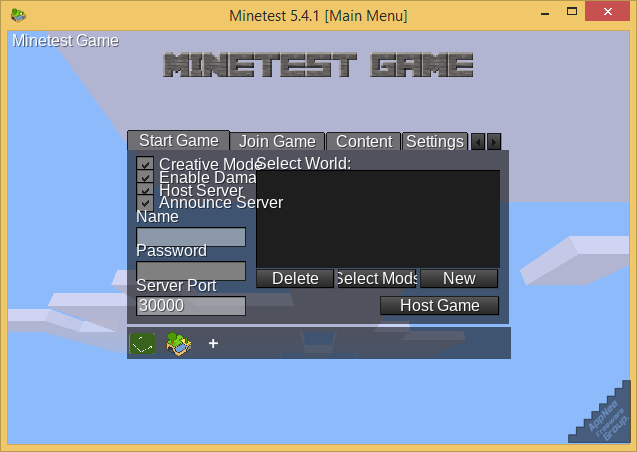
Loading...
Loading...
Loading...
Loading...
Loading...
#5566
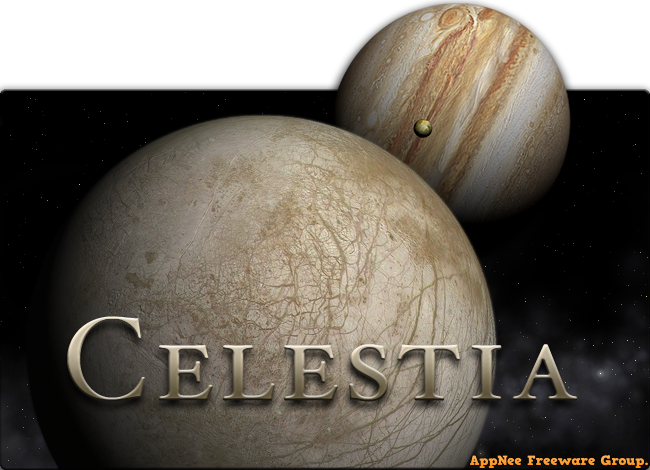
Celestia is a free and open-source 3D astronomy simulation software for Windows, Mac, Linux, Android and iOS platforms. Its real-time space simulation lets you explore and experience our universe in three dimensions. Celestia combines massive astronomical data information with high-resolution images, and has rich plug-ins support and convenient operations. These make it popular with users.
Loading...
Loading...
Loading...
#5565
xemu is a free, open-source, and cross-platform Xbox emulator made by Matt Borgerson, continuing much of the work done on XQEMU. It emulates the hardware of the original Xbox game console of Microsoft, allows users to play their Xbox games on Windows, Mac and Linux platforms.
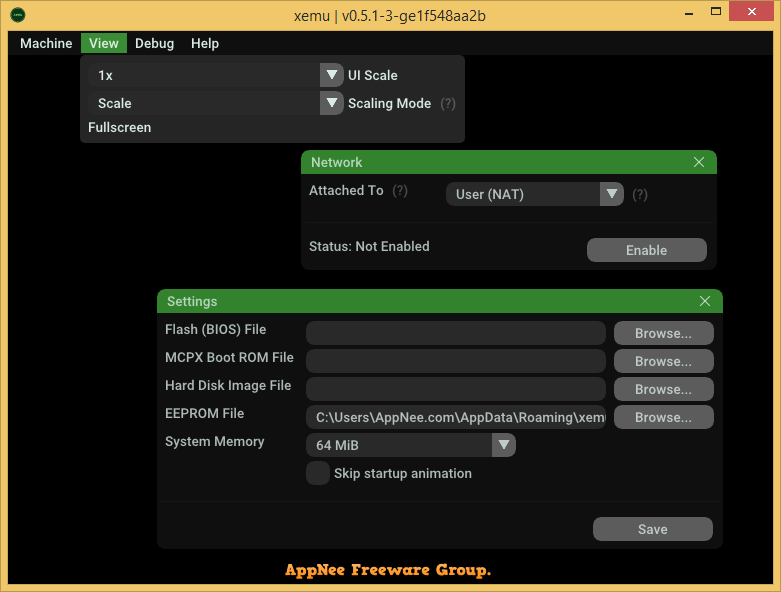
Loading...
Loading...
Loading...
Loading...
#5554
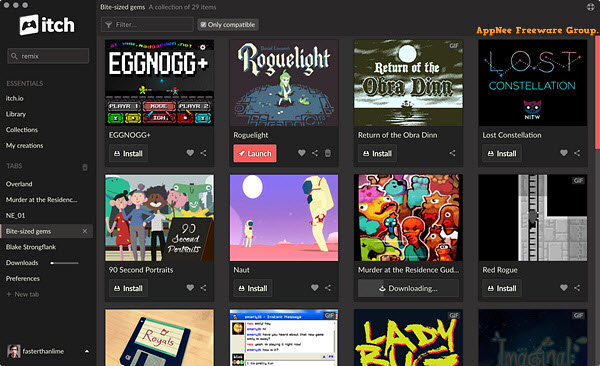
If you love indie games and aren't looking at the commercial game stores like Steam, Origin, or Humble Bundle, then you probably know itch.io - a game store devoted exclusively to indie games. Here, both game developers and players can set their desired prices, and many developers choose to make their game works or prototypes at Game Jam available for free download.
Loading...
Loading...
Loading...
#5552
Krita (formerly called KImageShop, Krayon) is a free, open-source and cross-platform digital painting software developed by Krita Foundation (part of the KDE Community) from Sweden. It is fully functional, capable of the entire painting process from drafting, lining, coloring to post-adjustment; can draw concept sketch, illustration, cartoon, animation, scene and 3D mapping; supports digital board, pressure sensing, anti-shake, layers, filters, color management, and other functions.
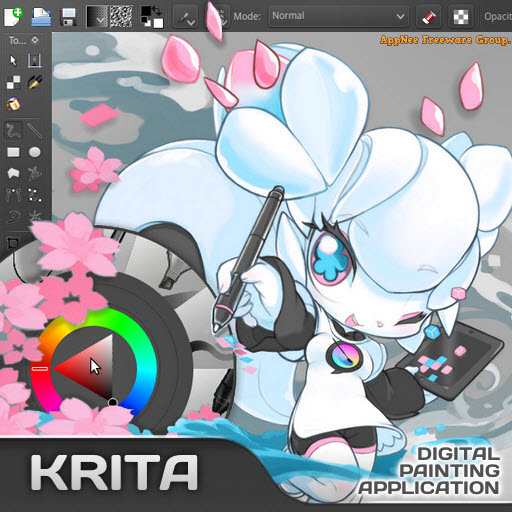
Loading...
Loading...
Loading...
Loading...
Loading...
#5549
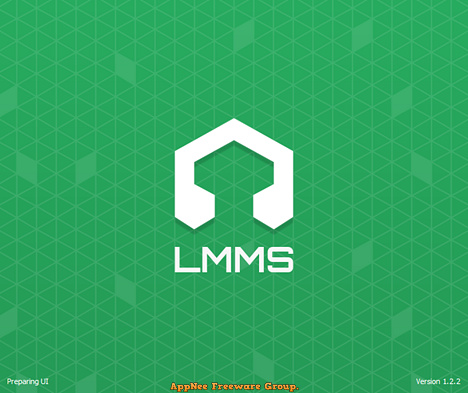
LMMS (short for Linux MultiMedia Studio, AKA: Let's Make Music Studio) is a free, open-source and cross-platform digital audio workstation (DAW) program for Windows, Mac and Linux platforms, considered to be one of the best alternatives of many similar commercial programs like FL Studio. With LMMS, you can create an entire piece of music without having to insert a separate musical instrument.
Loading...
Loading...
Loading...
Loading...
#5514
TeamTalk is a free and open-source multi-user conferencing system for Windows, Mac, Linux and mobile platforms, developed by Bjoern D. Rasmussen from Denmark. It allows user to perform real-time voice and video communication through Internet. For voice encoding, it uses the Opus and Speex audio codecs; for video streaming, it uses the WebM video codec.
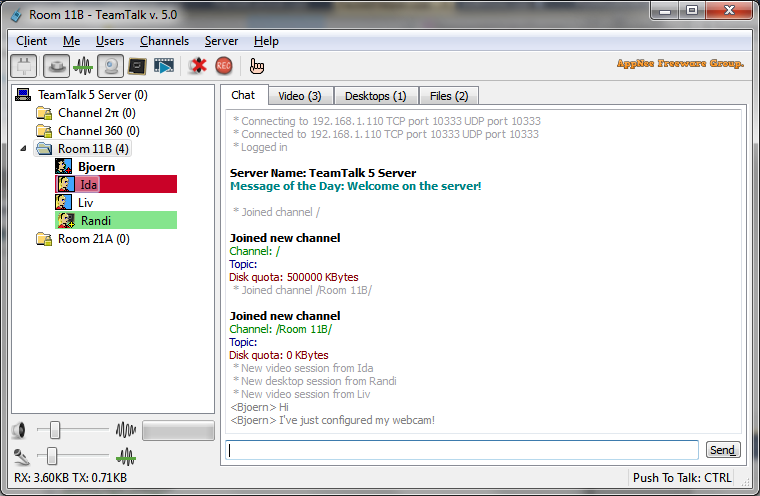
Loading...
Loading...
#5512
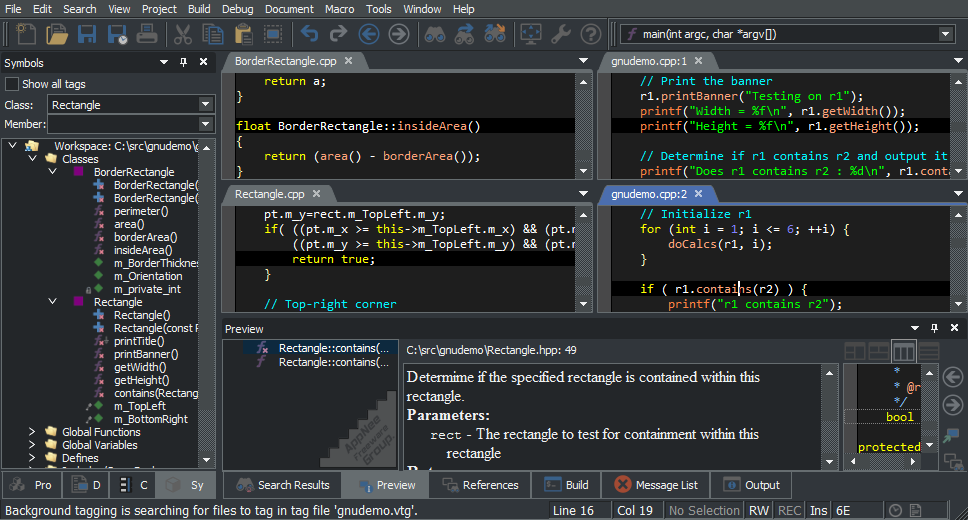
SlickEdit (formerly called Visual SlickEdit) is a very powerful and classic cross-platform code editor, text editor, and IDE (Integrated Development Environment) started by Clark Maurer in 1988. When it comes to code reading, it can rival the famous Source Insight, especially on the Linux platform.
Loading...
Loading...
Loading...
Loading...
Loading...
#5510
MuseScore is a free, open-source and cross-platform music composition and notation software, widely used by schools, conservatories, choirs, orchestras around the world. It is specially designed to provide a high performance-to-price ratio of alternative to the professional music score making software, such as Sibelius and Finale, and to became the world's most popular notation software.
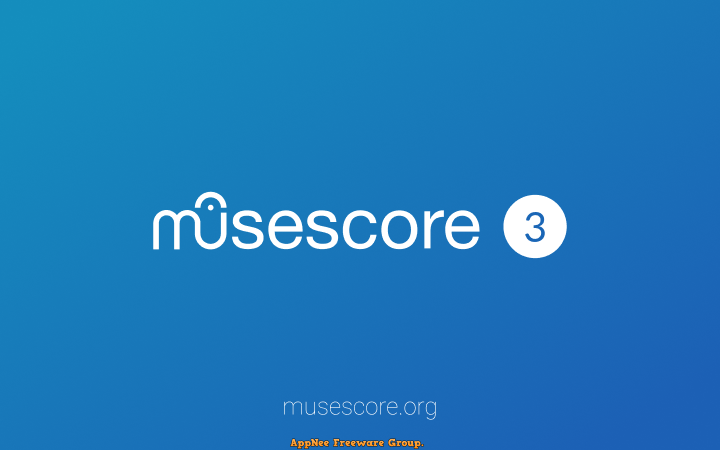
